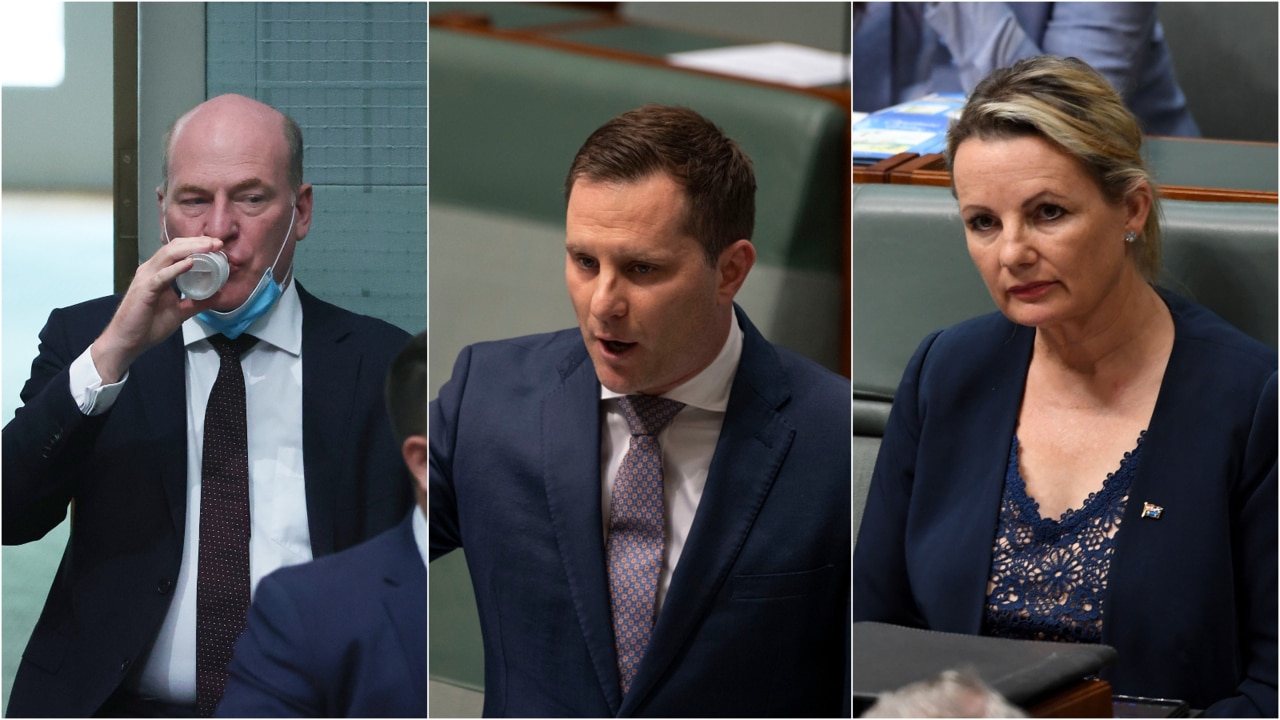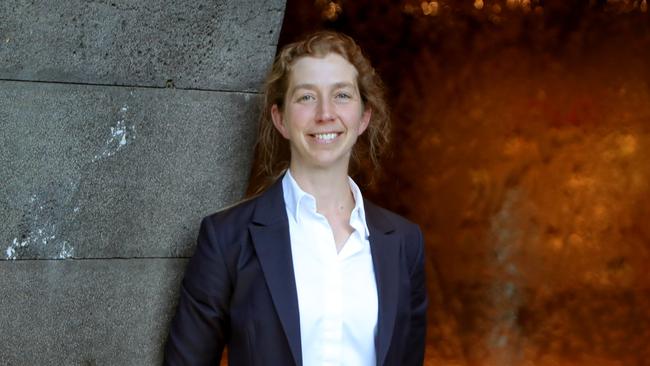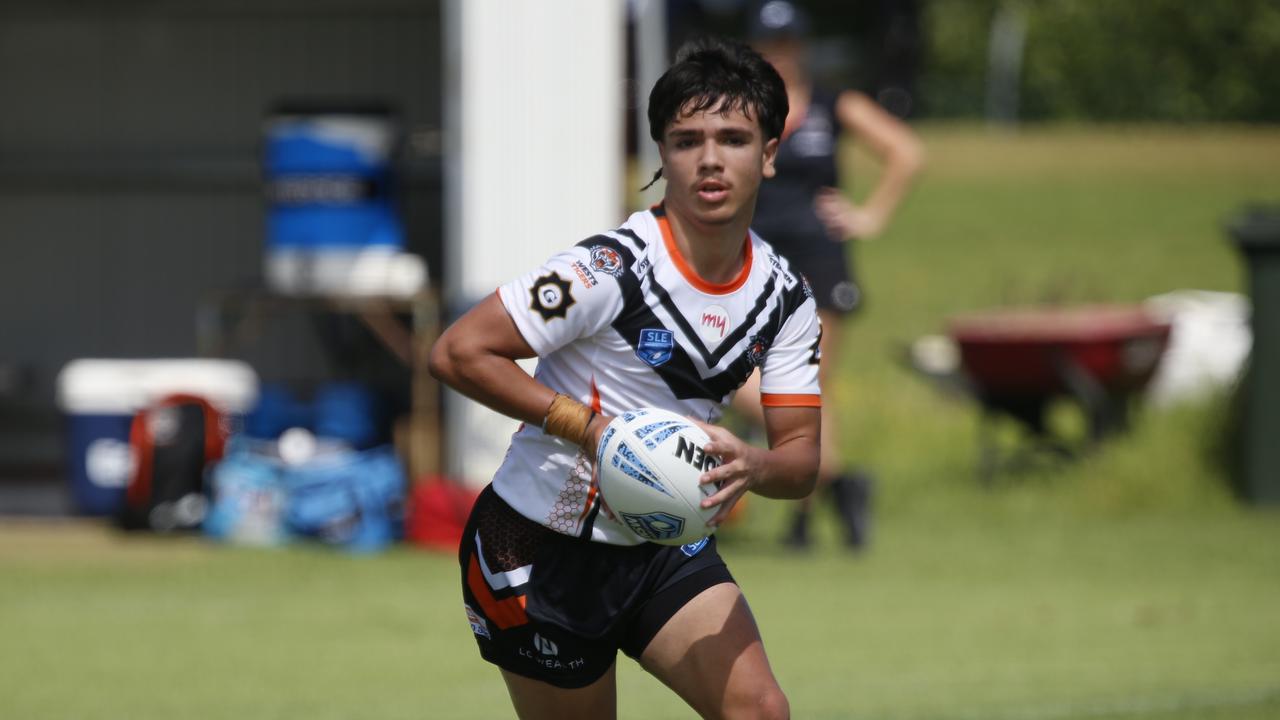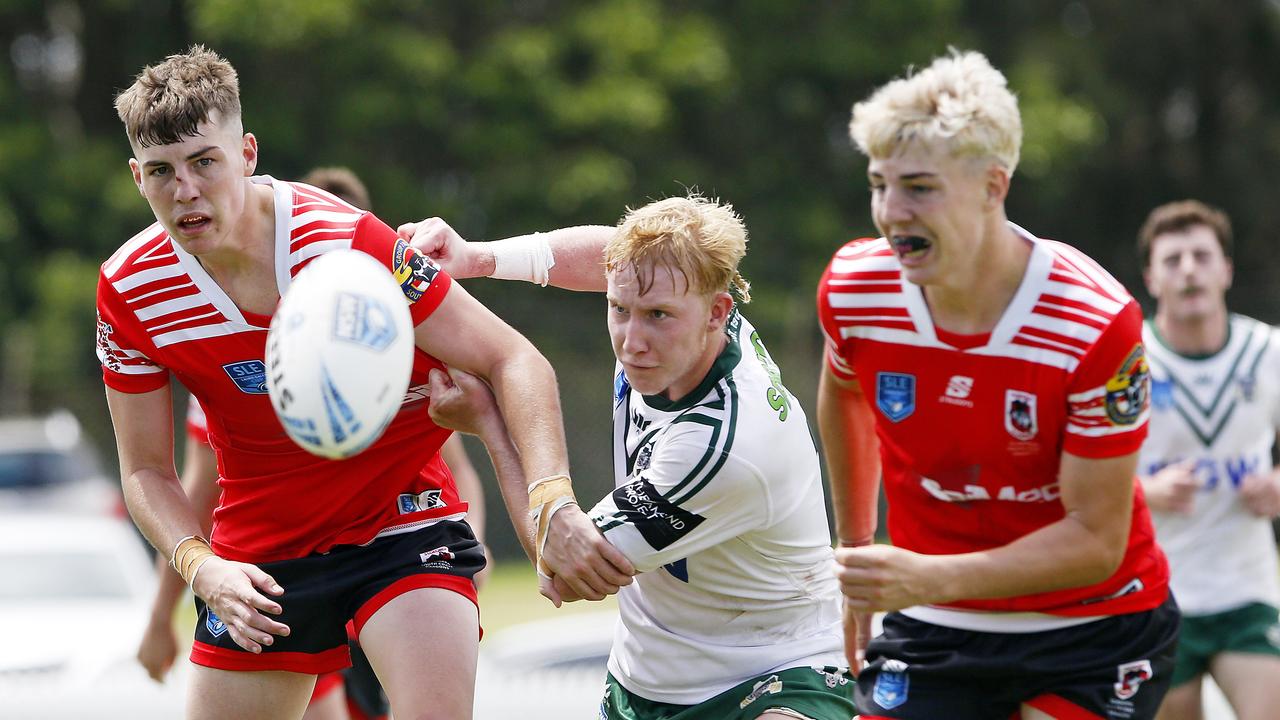Mathematician Vanessa Teague reports iVote puts ‘foundations of democracy at risk’
A report from an ANU mathematical scientist has called into question the final outcome in 30 per cent of NSW councils.

Illawarra Star
Don't miss out on the headlines from Illawarra Star. Followed categories will be added to My News.
A mathematical scientist has dropped a bombshell at the Supreme Court hearing delving into December‘s iVote calamity that’s embroiled the councils of Shellharbour, Kempsey and Singleton.
Vanessa Teague, a cryptographer with ANU who specialises in the security of electronic voting, presented an annexure which has called into question the results in a further 36 councils across the state.
“I’ve been trying to explain why the NSW Electoral Committee’s simulations are not valid in terms of being an accurate representation of the reality,” Dr Teague said in court.
The report made three main findings which highlight the affect iVote, which made up approximately 10 per cent – or 650,000 – of the total valid votes, had on the results.

Dr Teague‘s report, completed in conjunction with Andrew Conway, relied on running one million iterations of the randomised vote sampling, dwarfing the 1000 simulations conducted by the NSW Electoral Commission.
The simulation found 25 councils, including the three involved in the Supreme Court case, where 10 votes or fewer could have changed an aspect of the final outcome.
Kempsey was just a single vote, while Shellharbour and Singleton were two votes.
However, the report found two vote changes could also have effected the outcome Hay and Walgett, while three vote changes could have changed the outcome in Coonamble and Warren.
A further 13 results, including Ward 1 in Shoalhaven, could have been affected by a voting change of less than 0.18 per cent.
The outcome in all of these councils may have changed by adding fewer votes than what the NSWEC acknowledged were missing as a result of the iVote meltdown.
An eye-opening development in the iVote saga. 39 councils = 30% of NSW's councils. https://t.co/V77B5kA7Qd
— Dylan Arvela (@dylanarvela) February 23, 2022
The report also found that there would be 25 different councillors across NSW‘s 128 councils if only paper votes were accepted.
This hypothetical scenario would have seen independent Shane Bitschkat edge official winner Maree Edwards in Shellharbour Ward A and Tanya George beat Stuart Larkin in Kiama.
The NSWEC has engaged with technology more extensively than any other electoral commission in Australia,“ Dr Teague wrote in the report.
“Some of this is beneficial … Some choices, however, put the foundations of democracy at risk.
“[The] use of iVote should be discontinued because it does not securely convey votes, and leaves the state without a rigorous way of assessing how much its problems affected the integrity of the election.
“The tiny margins [shown in the report indicate] the importance of the assumptions behind the official NSWEC analysis of the impact of the iVote performance issue — the decision to retain the apparent outcome in all but three contests depends very strongly on their assumptions that the iVotes are accurate, and that the votes they are missing are the same as the votes they already have.
“If those assumptions are not accepted, there is a possibility that many of the announced election outcomes do not accurately represent the choice of the people.”





